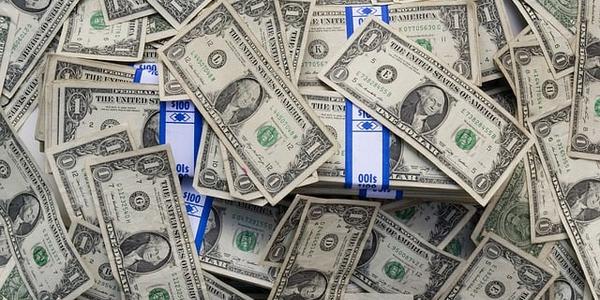Elon Musk has faced backlash after announcing changes to the X social media algorithm on January 3rd. The entrepreneur explained that the platform’s goal is to maximize "un-regretted user-seconds." However, his announcement drew criticism from users who characterized it as censorship.
In a Jan. 3 post, Musk stated: "Our goal is to maximize un-regretted user-seconds. Too much negativity is being pushed that technically grows user time, but not un-regretted user time." The term "negativity" was deemed too subjective by some users, prompting the question of who would determine what content qualifies as negative.
The algorithm change followed a recent online feud between Musk and his supporters over immigrant visas. This feud has reportedly led to speculation among some that Musk’s allies may have been compromised. On the other hand, critics argue that such actions undermine user autonomy and freedom of expression.
At least 15 suspected insider wallets have profited handsomely from the recent launch of Focai.funnel (FOCAI), a memecoin launched on Solana’s memecoin launchpad Pump.fun. The memecoin saw significant returns, with users making an over 136,000-fold return on their initial $14,600 investment.
According to on-chain analytics firm Lookonchain, the suspected insiders now hold approximately 60.5% of the total FOCAI token supply. This concentration has drawn criticism from blockchain analysts who argue that such a high concentration poses risks to decentralization, a cornerstone of cryptocurrency design.
The FOCAI token peaked at over $46 million in market capitalization before dropping nearly 14% to $39.6 million by 11:55 am UTC on January 3rd.
On January 3rd, the Bitcoin network’s hashrate briefly reached a new all-time high of over 1,000 exahashes per second (EH/s). This milestone was achieved as miners continued to add capacity to the blockchain. According to CoinWarz data, the hashrate peaked at more than double the previous January 2024 rate.
Despite this upward trend, Bitcoin experienced a slight decline in its hashrate following the intraday peak. The halving event scheduled for April 2024, which reduces mining rewards from 3.125 BTC to 6.25 BTC per block, appears to have had minimal impact on current mining activity.
In a December report by JPMorgan, it was noted that mining companies are increasingly acquiring other miners with turn-key facilities to boost their hashrate and expand their power pipelines. This strategy is expected to further drive up the Bitcoin network’s computational resources in the coming months.
This initiative reflects the growing competition among mining firms to secure a larger share of the Bitcoin network’s hashpower, as they strive to outperform each other while maintaining profitability.

